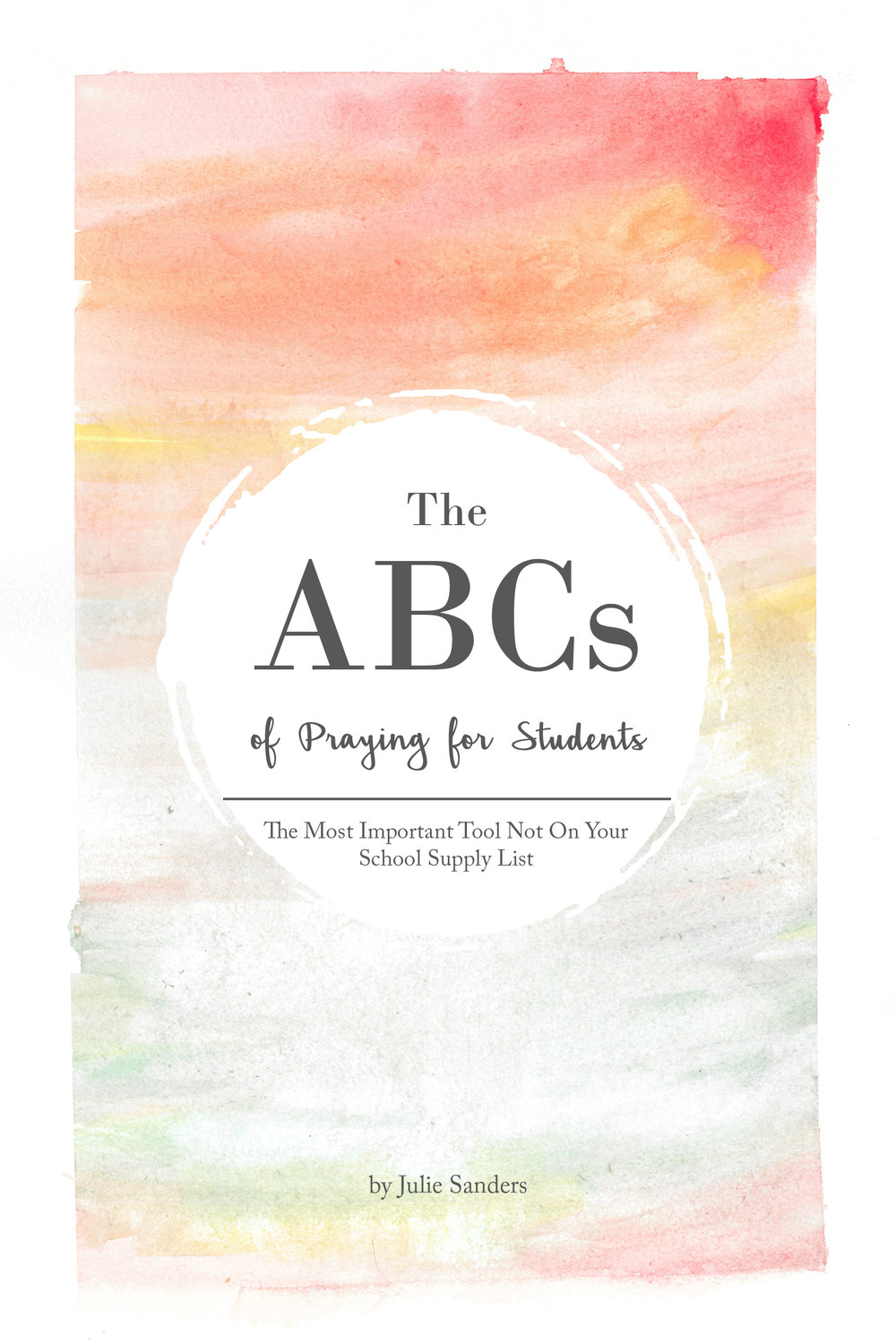Julie Sanders is globally-minded, but she shares her wisdom with individuals, always pointing them to the Word of God. In this Communication UPGRADE, Julie encourages us to listen well, and be careful where we're listening.
"The need for understanding runs like a common thread through the noise of 2020," Julie says.
"Have you heard commitments to listening and learning? Have you expressed this intent?"
 When I (Dawn) hear people shouting at one another during these chaotic times, I wonder, "Is anyone even listening? Or is everyone simply pushing their own agenda?
When I (Dawn) hear people shouting at one another during these chaotic times, I wonder, "Is anyone even listening? Or is everyone simply pushing their own agenda?
What would happen if we would learn to listen and learn?
Julie continues . . .
LEANING IN with openness to listen and learn can be wise. In loud days, it can also be complicated.
With intense events demanding global attention, no one escapes hearing something or someone.
Made in God’s image, the first Listener, we learn in His Word how to discern who and what we give a hearing.
1. Our Maker Listens
All people reflect God’s image, so His example as a listener matters. He doesn’t have to listen to the lowly, but He does.
He promised, “I will listen to you” (Jeremiah 29:12).
God assures us He listens.
“The eyes of the Lord are on the righteous, and his ears are attentive to their cry,” (Psalm 34:15). He gives attention to our words, even our cries. It’s a behavior we give thanks for.
2. We’re Made for Listening
Out of gratitude for God’s heart to hear us, we can learn to grow our listening skills.
Instead, we’re often inclined to answer before leaning in.
God calls us out for what we are in those moments: disgraced.
“To answer before listening—that is folly and shame” (Proverbs 18:13).
Join a group in spewing words without humble listening, and we become part of a disgraceful group.
No one is exempt from the need to hear attentively with a heart to understand.
“Everyone should be quick to listen, slow to speak and slow to become angry” (James 1:19b).
When we listen, we learn. If we only hear without godly attentiveness, we miss out on learning.
If we shut out godly instruction, Proverbs warns that we stray (Proverbs 19:20, 27).
3. We Benefit from Hearing
When we hear and act on messages aligning with God’s truth, we’re blessed.
“Blessed rather are those who hear the word of God and obey it” (Luke 11:28).
We are blessed when we remember what God says and do it (James 1:25). We’re like a wise man who builds his life on a rock (Matthew 7:24)—so if life feels shaky, it may be due to the voices we’re listening to.
4. Deception Speaks
Fallen voices speak fallen messages.
This is the challenge in a fallen world, discerning WHERE to lean in and listen. We can’t afford to be lazy listeners learning from peddlers of their own passions apart from God’s truth.
Jeremiah 23:16-17 warns listeners about hearing messages that don’t align with God’s truth. If listeners heed those voices, the imaginations of people “delude” them with “false hopes.”
Believing deceivers leads to losing God’s promised blessings.
We can’t listen to every voice in the noisy now.
We can’t afford to let deceitful voices be those we listen to.
“Do not merely listen to the word, and so deceive yourselves. Do what it says” (James 1:22). To know how to navigate these days, we must protect time and space to lean in to voices of truth.
The noisy now grows louder each day. Let’s lean in as listeners learning to see these days in God’s ways.
Where are you listening in these loud times? Who are you listening to and learning from? Is there a voice you need to silence or one to amplify? Plan for some quiet time so you can hear.
Julie Sanders loves uplifting leaders globally. She finds joy in helping women listen and learn cross- culturally from one another and, most of all, from God’s truth for life in every land.
culturally from one another and, most of all, from God’s truth for life in every land. She’s the author of The ABCs of Praying for Students. Julie calls the Northwest home and writes from her online base at juliesanders.org.
She’s the author of The ABCs of Praying for Students. Julie calls the Northwest home and writes from her online base at juliesanders.org.
Graphic adapted, courtesy of Jon Wisbey at FreeImages.com.